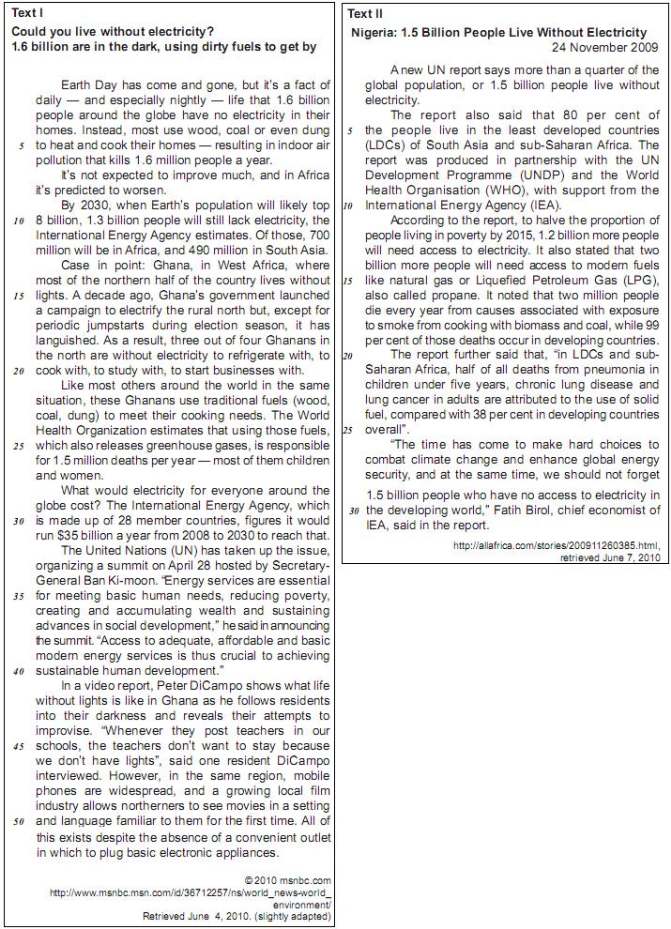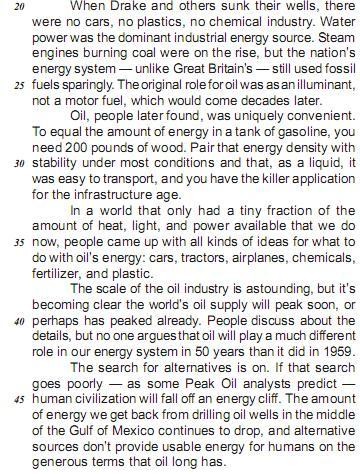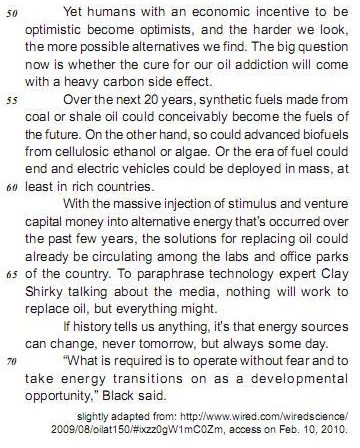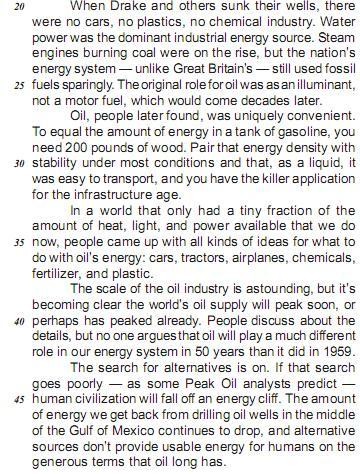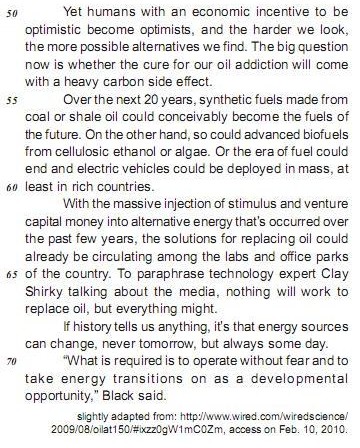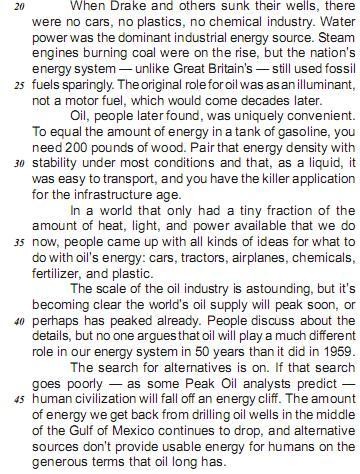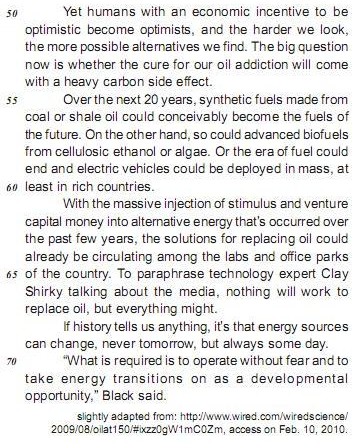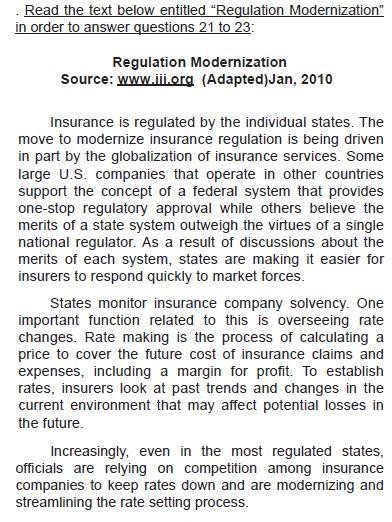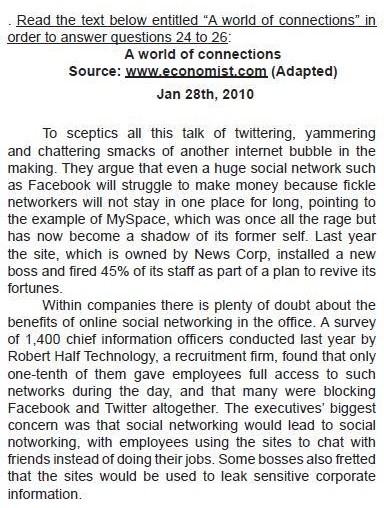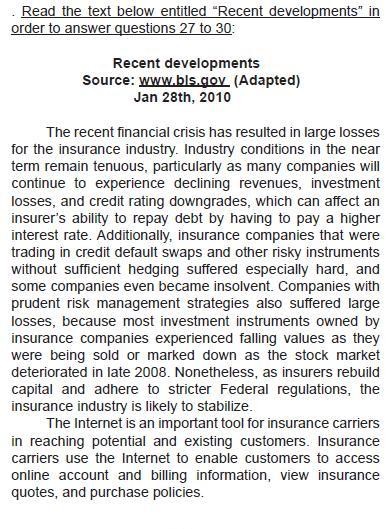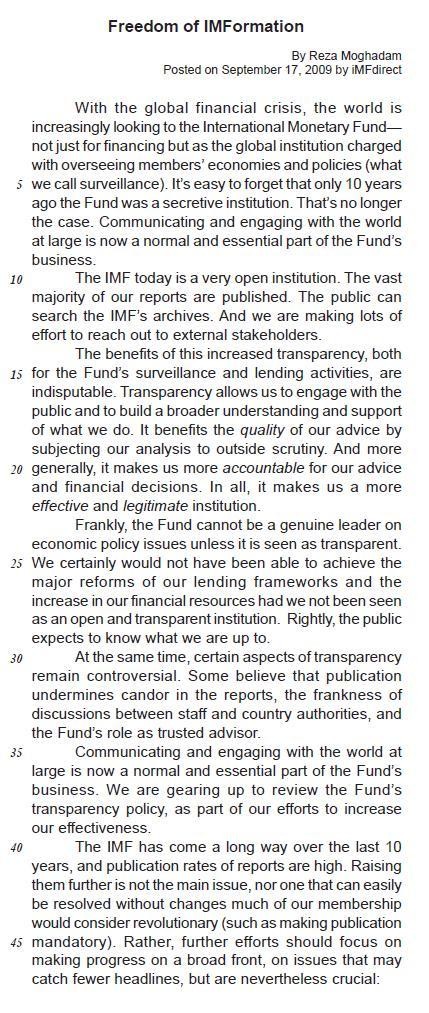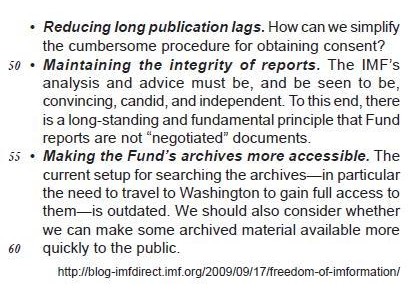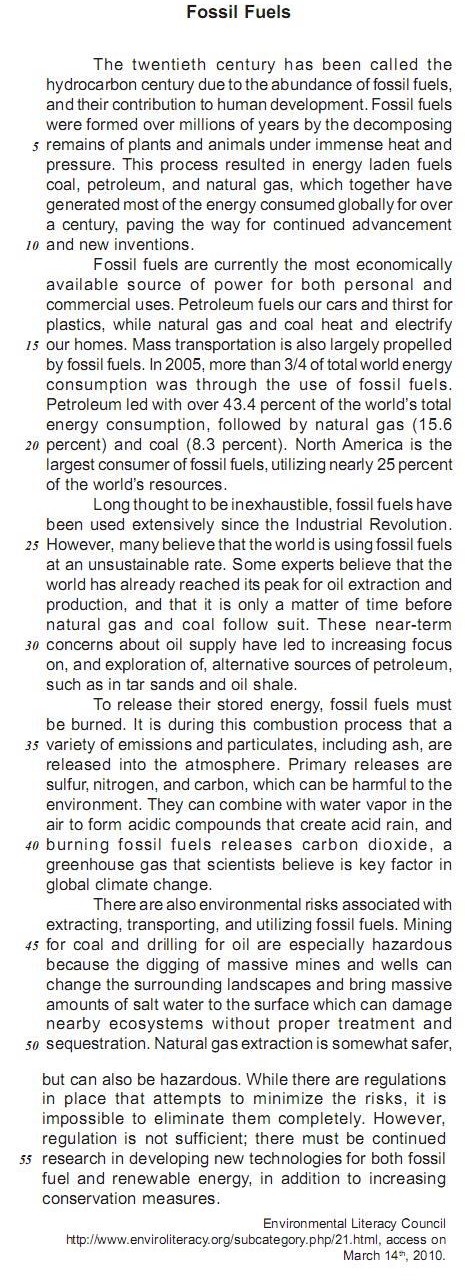IMPORTANT NOTICE
CAUTION
PROPERHANDLINGOFTHE FINECARTRIDGES
Handle the FINE Cartridges of this product properly, observing
the cautions noted below. Improper handling causes
malfunction or other problems in the product, as well as
damage to the FINE Cartridges.
Note:
1) When you install the FINE cartridges in the product, insert
the FINE Cartridges into the FINE Cartridge Holder
carefully not to knock them against the sides of the holder.
Also be sure to install them in a well-lit environment.
For details, refer to your setup sheet.
2) Do not attempt to disassemble or modify the FINE
cartridges.
3) Do not handle the FINE Cartridges roughly such as
applying them excessive pressure or dropping them.
4) Do not rinse or wipe the FINE Cartridges.
5) Once you have installed the FINE Cartridges, do not
remove them unnecessarily.
(Taken from Canon Inc. 2008 - Printed in Vietnam)
The pronoun them in the sentence ".insert the FINE Cartridges into the FINE Cartridge Holder carefully not to knock them against the sides of the holder" (lines 8-10) refers to:
The title of this text is a reference to all of the facts below EXCEPT for
According to Brian Black in paragraphs 3 (lines 12-19) and 13 (lines 70-72), energy transitions should be
WINDOWS 7 REVIEW
Windows 7 gets the basics right. Here's what you need to know
about the new OS.
Harry McCracken, PC World
Monday, October 19, 2009 2:00 pm
What if a new version of Windows didn't try to dazzle
you? What if, instead, it tried to disappear except when you
needed it? Such an operating system would dispense with glitzy
effects in favor of low-key, useful new features. Rather than
pelting you with alerts, warnings, and requests, it would try to
stay out of your face. And if any bundled applications weren't
essential, it would dump 'em.
It's not a what-if scenario. Windows 7, set to arrive on
new PCs and as a shrinkwrapped upgrade on October 22, has a
minimalist feel and attempts to fix annoyances old and new. In
contrast, Windows Vista offered a flashy new interface, but its
poor performance, compatibility gotchas, and lack of compelling
features made some folks regret upgrading and others refuse to
leave WindowsXP.
Windows 7 is hardly flawless. Some features feel
unfinished; others won't realize their potential without heavy
lifting by third parties. And some long-standing annoyances
remain intact. But overall, the final shipping version I test-drove
appears to be the worthy successor to Windows XP that Vista
never was.
(Adapted from
http://www.pcworld.com/article/172602/windows_7_review.html
Segundo o texto, o Windows 7
Minister calls for wider fl exible working rights
British government ministers are considering giving all
employees the right to ask for fl exible working hours "from
the beginning" of a new job as part of plans to encourage a
fundamental shift in working habits.
The Work and Pensions Secretary, Yvette Cooper, says her
offi ce is working with employers and organisations such as
the federation of small businesses to draw up new ways of
supporting men as well as women and non-parents as well
as parents working more fl exible hours.
The current rules are limited to parents of children under 16
and carers, and Cooper wants to extend them. "You want
people to offer fl exible working from the beginning and
we need to look again at how the legislation can support
different ways of doing that," she said.
"There will be some areas where it's not possible to fi t
round particular school hours or particular things where the
nature of the businessmakes it hard - but what you need
is the cultural change for everybody to think differently."
Cooper's proposals come as the government announced
that fathers will be given the right to six months' paternity
leave.
There will be a legal right to take the mother's place at
home for the last three months of a nine-month maternity
break; they would receive £123 a week in statutory pay.
Fathers would then be entitled to take a further three
months' unpaid leave. The move was criticised by some
business leaders.
(From: The Guardian, Friday 29 January 2010 -slightly adapted)
According to the text, current British laws on working timetables are designed mainly for
Text 1
Source:http://www.niallferguson.com/site/FERG/Templates/General. aspx?pageid=194
The Ascent of Money
Synopsis
Bread, cash, dosh, dough, loot: Call it what you like, it matters. To Christians, love of it is the root of all evil. To generals, it's the sinews of war. To revolutionaries, it's the chains of labour. But in The Ascent of Money, Niall Ferguson shows that fi nance is in fact the foundation of human progress. What's more, he reveals fi nancial history as the essential back-story behind all history. The evolution of credit and debt was as important as any technological innovation in the rise of civilization, from ancient Babylon to the silver mines of Bolivia. Banks provided the material basis for the splendours of the Italian Renaissance, while the bond market was the decisive factor in confl icts from the Seven Years' War to the American Civil War.
With the clarity and verve for which he is famed, Niall Ferguson explains why the origins of the FrenchRevolution lie in a stock market bubble caused by a convicted Scots murderer. He shows how fi nancial failure turned Argentina from the world's sixth richest country into an infl ation-ridden basket case - and how a fi nancial revolution is propelling the world's most populous country from poverty to power in a single generation.
Yet the most important lesson of the world's fi nancial history is that sooner or later every bubble bursts - sooner or later the bearish sellers outnumber the bullish buyers - sooner or later greed fl ips into fear. And that's why, whether you're scraping by or rolling in it, there's never been a better time to understand the ascent of money.
The pronoun 'it' in paragraph 3 line 5 refers to
Text 3
Source: http://www.forbes.com/2009/10/12/brazil-etf-emerging-intelligentinvesting-markets.html
Buy Into Brazil
David Serchuk [For bes Magazine]
There's a lot to like about South America's biggest
economy. Hosting the Olympics and World Cup doesn't
hurt either.
Suddenly everyone is talking about Brazil. This makes sense considering that the colossus of South America out-hustled President Obama and his hometown of Chicago to land the 2016 Olympics. It has also benefi ted by being the "B" part of the BRIC group of emerging nations, in addition to Russia, India and China. It's an emerging power that some investors have just learned about, though the pros have been hip to it for some time.
From 2003 through 2007, Brazil ran record trade surpluses, and its gross domestic product, at $1.99 trillion, is the 10th largest in the world. It has large and well- developed agricultural, mining, manufacturing and service sectors, and its conomy is bigger than allother nations in South America combined. Brazil is expanding its presence in world markets and, as we have seen, the world's playing fi elds.
There are also some signifi cant drawbacks to Brazil. Despite its potent GDP, rampant income inequality means that its per capita wealth is 102nd in the world, slightly behind the global average and noted powerhouse Serbia. Brazil's richest 10% reaps 43% of its wealth; in the U.S. that number is 30%. Brazil's bottom 10% earns a minuscule 1.1%. Still, there is a lot to like here, and our industry observers are ready to buy.
The writer's attitude to investment in Brazil is
Text 3
Source: http://www.forbes.com/2009/10/12/brazil-etf-emerging-intelligentinvesting-markets.html
Buy Into Brazil
David Serchuk [For bes Magazine]
There's a lot to like about South America's biggest
economy. Hosting the Olympics and World Cup doesn't
hurt either.
Suddenly everyone is talking about Brazil. This makes sense considering that the colossus of South America out-hustled President Obama and his hometown of Chicago to land the 2016 Olympics. It has also benefi ted by being the "B" part of the BRIC group of emerging nations, in addition to Russia, India and China. It's an emerging power that some investors have just learned about, though the pros have been hip to it for some time.
From 2003 through 2007, Brazil ran record trade surpluses, and its gross domestic product, at $1.99 trillion, is the 10th largest in the world. It has large and well- developed agricultural, mining, manufacturing and service sectors, and its conomy is bigger than allother nations in South America combined. Brazil is expanding its presence in world markets and, as we have seen, the world's playing fi elds.
There are also some signifi cant drawbacks to Brazil. Despite its potent GDP, rampant income inequality means that its per capita wealth is 102nd in the world, slightly behind the global average and noted powerhouse Serbia. Brazil's richest 10% reaps 43% of its wealth; in the U.S. that number is 30%. Brazil's bottom 10% earns a minuscule 1.1%. Still, there is a lot to like here, and our industry observers are ready to buy.
Calling Brazil "the "B" part of the BRIC group of emerging nations" [paragraph 1 line 4], indicates that

